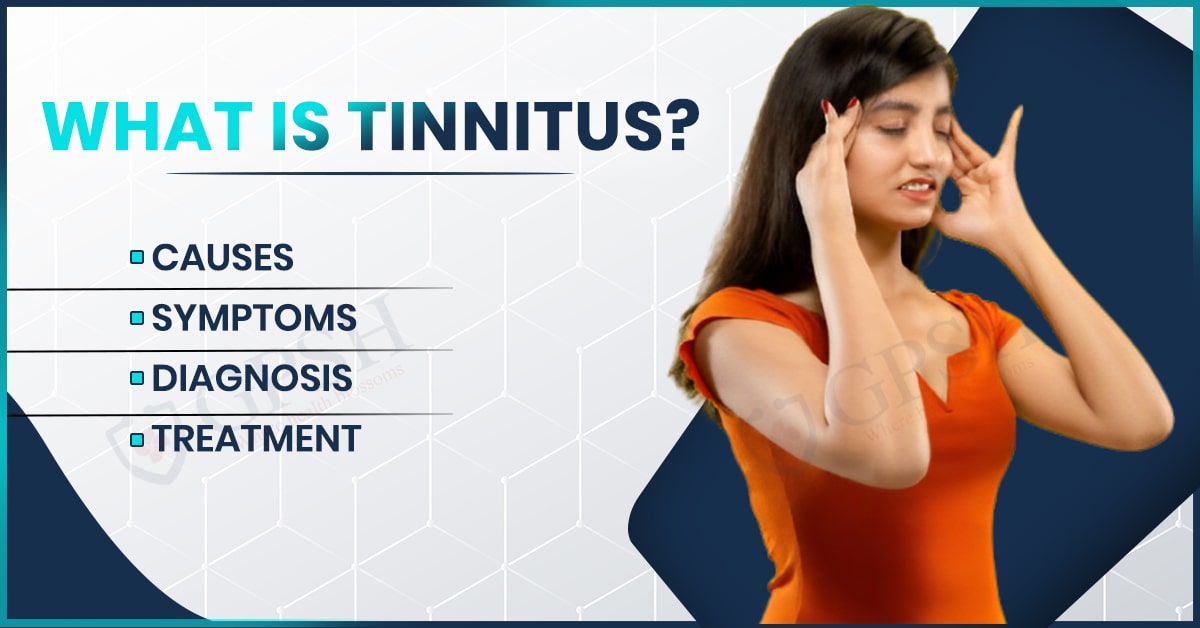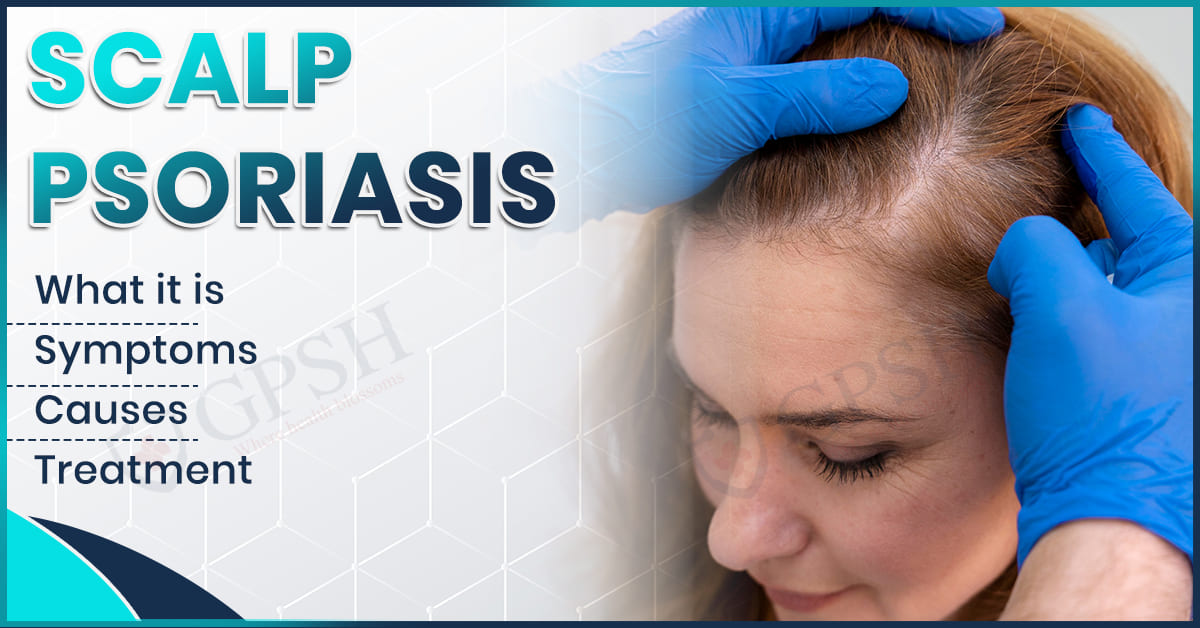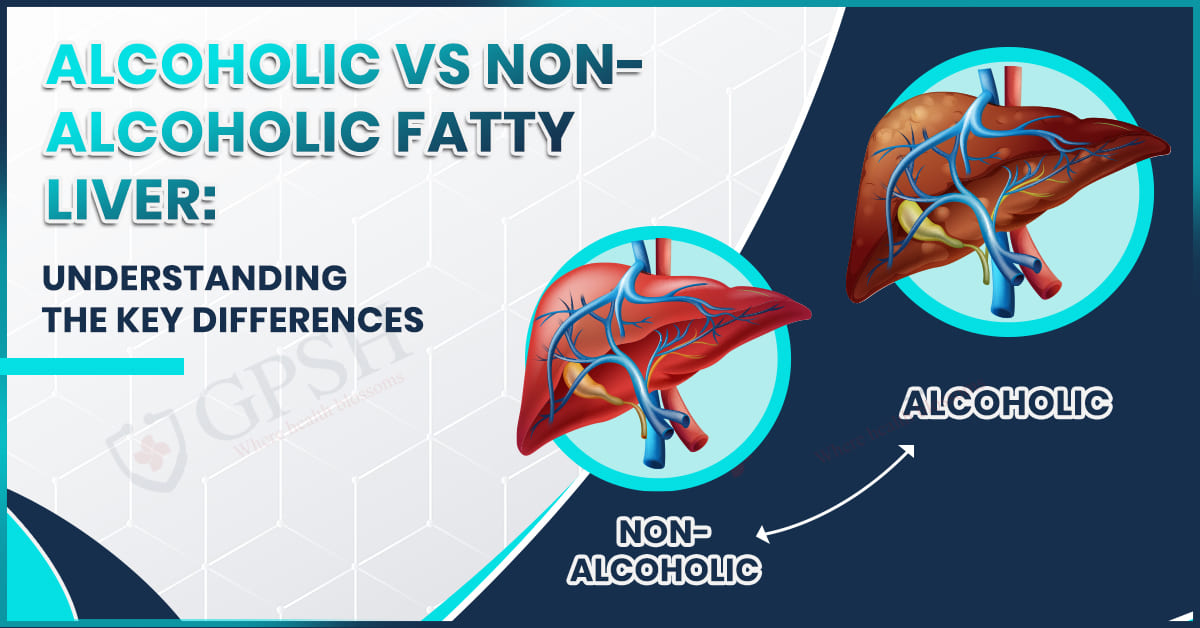Overview
Tinnitus is a condition characterized by the perception of ringing, buzzing, or other sounds in the ears without an external sound source. It affects millions of people worldwide and can vary in intensity, from a mild annoyance to a debilitating issue. In this exploration of tinnitus, we will delve into its causes, which can range from ear infections and exposure to loud noises to underlying health conditions.
We’ll discuss the symptoms, such as persistent or intermittent sounds, and how they impact daily life. Additionally, we’ll cover the diagnostic processes used to identify tinnitus and the various treatment options available, including lifestyle changes, medical interventions, and therapeutic approaches. By the end, you’ll have a comprehensive understanding of tinnitus and how to manage it effectively.
What is Tinnitus?
Tinnitus is a condition characterized by the perception of sound without an external acoustic stimulus. Scientifically, it is defined as the auditory experience of hearing noises such as ringing, buzzing, hissing, or whistling that originates internally within the auditory system. This phenomenon is not a disease itself but rather a symptom that can be caused by a variety of underlying issues.
The sounds perceived in tinnitus are generated by the auditory pathways, which may include the cochlea (the inner ear’s sensory organ), the auditory nerve, or the brain’s auditory processing centers. The exact mechanism behind tinnitus is not fully understood, but it is thought to involve abnormal neural activity in the auditory system. Tinnitus can be subjective, meaning it is experienced differently by each individual and may not be measurable or detectable by others.
You can read also:- Nasal Polyps: Symptoms, Causes, Diagnosis and Treatment
Types of Tinnitus
Tinnitus can be classified into different types based on its characteristics and underlying causes. The main types of tinnitus are:
- Subjective Tinnitus: This is the most common type, where the sounds are heard only by the individual experiencing them. It is often linked to issues in the auditory system or neural pathways and cannot be measured or detected through external tests.
- Objective Tinnitus: This rare type involves sounds that can be heard by others, typically during a medical examination. It is usually caused by an identifiable physical condition, such as blood flow changes or muscle contractions near the ear.
- Acute Tinnitus: This type of tinnitus occurs suddenly and may be temporary. It is often linked to a specific event or condition, such as exposure to loud noise or an ear infection. Acute tinnitus might resolve on its own as the underlying cause is treated or resolved.
- Chronic Tinnitus: This type persists over a long period, often for six months or more. Chronic tinnitus may result from long-term exposure to damaging stimuli, like consistent loud noise exposure or age-related hearing loss. It can significantly impact quality of life and may require ongoing management.
- Pulsatile Tinnitus: This form of tinnitus is characterized by rhythmic sounds that pulse in time with the individual’s heartbeat. It is often associated with vascular conditions, where blood flow near the ear or changes in blood vessels create audible pulses.
- Neurological Tinnitus: This type is linked to neurological disorders or damage within the auditory system. It may be associated with conditions like multiple sclerosis or acoustic neuromas, which affect the auditory pathways.
Symptoms of Tinnitus
The symptoms of tinnitus can vary widely among individuals, but common manifestations include:
- Ringing: This is one of the most common symptoms, where the person hears a persistent or intermittent ringing sound in one or both ears.
- Buzzing: Some people experience a buzzing sensation, similar to the sound of a bee or an electrical buzz.
- Hissing: This symptom resembles the sound of steam or a high-pitched hiss, similar to that of a radiator or a steam pipe.
- Whistling: Tinnitus can also present as a whistling sound, akin to a whistle or a distant siren.
- Pulsatile Sounds: In cases of pulsatile tinnitus, the individual hears rhythmic sounds that correspond to their heartbeat or pulse.
- Fullness in the Ear: Some individuals might experience a sensation of fullness or pressure in the ear, which can accompany tinnitus.
- Interference with Sleep: Tinnitus can make it difficult to fall asleep or stay asleep, as the persistent sounds may be disruptive.
- Difficulty Concentrating: The constant presence of tinnitus can interfere with concentration and focus, affecting daily activities and productivity.
- Hearing Loss: Tinnitus is often associated with varying degrees of hearing loss, though the two are not always directly linked.
Causes of Tinnitus
Tinnitus can arise from a wide range of causes, often linked to underlying conditions or external factors. Common causes include:
- Hearing Loss: Age-related hearing loss (presbycusis) or noise-induced hearing loss is a primary cause of tinnitus. Damage to the hair cells in the cochlea of the inner ear can lead to abnormal auditory signals, which manifest as tinnitus.
- Exposure to Loud Noise: Prolonged or sudden exposure to loud noises, such as concerts, construction work, or gunfire, can damage the auditory system and trigger tinnitus.
- Ear Infections and Blockages: Infections, such as otitis media, or blockages from earwax (cerumen) or foreign objects can cause tinnitus by affecting ear function.
- Otosclerosis: This condition involves abnormal bone growth in the middle ear, which can interfere with sound transmission and result in tinnitus.
- Meniere’s Disease: A disorder of the inner ear that causes episodes of vertigo, hearing loss, and tinnitus, often accompanied by a feeling of fullness in the ear.
- Temporomandibular Joint (TMJ) Disorders: Issues with the TMJ, which connects the jaw to the skull, can sometimes cause or exacerbate tinnitus due to proximity to the ear.
- Medication Side Effects: Certain medications, especially ototoxic drugs like high doses of aspirin, some antibiotics, and chemotherapy agents, can cause tinnitus as a side effect.
- Cardiovascular Conditions: High blood pressure, turbulent blood flow, or vascular malformations near the ear can lead to pulsatile tinnitus, where the perceived sound is in sync with the heartbeat.
- Neurological Disorders: Conditions such as multiple sclerosis or acoustic neuromas (tumors on the auditory nerve) can affect the auditory pathways and result in tinnitus.
- Head and Neck Injuries: Trauma to the head or neck can damage the auditory structures or nerves, potentially leading to tinnitus.
Diagnosis of Tinnitus
Diagnosing tinnitus typically involves a comprehensive evaluation to determine its underlying cause and severity. The diagnostic process usually includes the following steps:
- Physical Examination: A physical examination of the ears, head, and neck is conducted. This may involve checking for earwax buildup, signs of infection, or abnormalities in the ear structures.
- Hearing Tests: Audiometric testing is performed to assess the extent and type of hearing loss. This can include:
- Pure Tone Audiometry: Measures the ability to hear sounds at various frequencies and intensities.
- Speech Audiometry: Assesses the ability to understand spoken words.
- Tympanometry: This test evaluates the movement of the eardrum in response to changes in air pressure. It helps to identify issues related to middle ear function.
- Imaging Studies: If a more detailed view of the auditory structures or surrounding areas is needed, imaging studies such as:
- CT Scan (Computed Tomography): Provides cross-sectional images of the head and ears.
- MRI (Magnetic Resonance Imaging): Offers detailed images of soft tissues and can help identify tumors or structural abnormalities.
- Specialized Tests: If neurological or vascular causes are suspected, additional tests might be performed, including:
- Auditory Brainstem Response (ABR): Measures the brain’s response to sound stimuli and can help diagnose auditory nerve or brainstem disorders.
- Vestibular Testing: Assesses balance and may be conducted if there are symptoms of vertigo or balance issues associated with the tinnitus.
You can read also:- Cannabis Disorder: Types, Symptoms, Causes, and Treatment
Treatment of Tinnitus
The treatment of tinnitus often depends on its underlying cause, but management typically focuses on alleviating symptoms and improving quality of life. Common treatment approaches include:
- Addressing Underlying Causes:
- Earwax Removal: If tinnitus is caused by earwax buildup, professional removal can sometimes resolve the symptoms.
- Medication Adjustments: If a medication is causing tinnitus, a doctor may adjust the dosage or switch to a different medication.
- Hearing Aids: For individuals with hearing loss, hearing aids can amplify external sounds and help mask the tinnitus, making it less noticeable.
- Sound Therapy:
- White Noise Machines: These devices produce a background noise that can help mask the tinnitus.
- Hearing Maskers: Special devices that generate sounds to cover up the tinnitus.
- Cognitive Behavioral Therapy (CBT): CBT helps individuals manage the emotional and psychological impact of tinnitus. It focuses on changing negative thought patterns and reducing stress and anxiety related to tinnitus.
- Tinnitus Retraining Therapy (TRT): TRT combines sound therapy with counseling to help individuals habituate to the tinnitus sounds and reduce their perceived impact.
- Medications: While there is no specific medication for tinnitus, certain drugs can help manage associated symptoms, such as anxiety, depression, or sleep disturbances. These may include:
- Antidepressants: To address associated anxiety or depression.
- Anti-anxiety Medications: To reduce stress and anxiety that can exacerbate tinnitus.
Prevention of Tinnitus
Preventing tinnitus involves taking steps to protect your auditory system and reduce the risk factors associated with the condition. Key prevention strategies include:
- Protecting Your Ears from Loud Noise:
- Use Hearing Protection: Wear earplugs or earmuffs in noisy environments, such as concerts, construction sites, or during loud recreational activities.
- Limit Exposure: Avoid prolonged exposure to loud noises whenever possible. Take breaks from noisy environments to give your ears a rest.
- Regulating Volume Levels:
- Monitor Personal Listening Devices: Keep the volume at a moderate level when using headphones or earbuds. Follow the 60/60 rule—listening at no more than 60% of the maximum volume for no more than 60 minutes at a time.
- Adjust TV and Music Volume: Maintain moderate volume levels when listening to music or watching television.
- Regular Hearing Check-Ups:
- Routine Auditory Exams: Get regular hearing tests to monitor your hearing health, especially if you are exposed to loud environments or have a history of hearing issues.
- Managing Ear Health:
- Avoid Inserting Objects into the Ear: Refrain from using cotton swabs or other objects to clean your ears, as they can push earwax further in or damage the ear canal.
- Treat Ear Infections Promptly: Seek medical attention for ear infections or conditions that may affect your hearing.
- Healthy Lifestyle Choices:
- Avoid Ototoxic Medications: Use medications that can affect hearing only as prescribed and discuss potential side effects with your healthcare provider.
- Maintain Cardiovascular Health: Managing blood pressure and cardiovascular health through a balanced diet, regular exercise, and avoiding smoking can help reduce the risk of tinnitus.
- Stress Management:
- Practice Relaxation Techniques: Engage in stress-reducing activities like meditation, yoga, or deep-breathing exercises to lower stress levels, which can exacerbate tinnitus.
- Dietary Considerations:
- Limit Caffeine and Alcohol: Reduce intake of substances that can potentially aggravate tinnitus, such as caffeine and alcohol.
- Maintain a Balanced Diet: Eating a healthy diet rich in vitamins and minerals can support overall ear health.
Conclusion
In conclusion, tinnitus is a complex condition characterized by the perception of sound without an external source, affecting many individuals globally. It can arise from various causes, including hearing loss, exposure to loud noises, and underlying health conditions. Effective management of tinnitus often involves a multifaceted approach, including sound therapy, cognitive behavioral therapy, and addressing underlying causes.
Tinnitus falls under the domain of audiology and otolaryngology, focusing on auditory and ear health. For those seeking specialized care, Shekhawati Hospital stands out as a premier facility, renowned for its expertise in managing tinnitus, with some of the best doctors in the field dedicated to providing comprehensive treatment and support.








